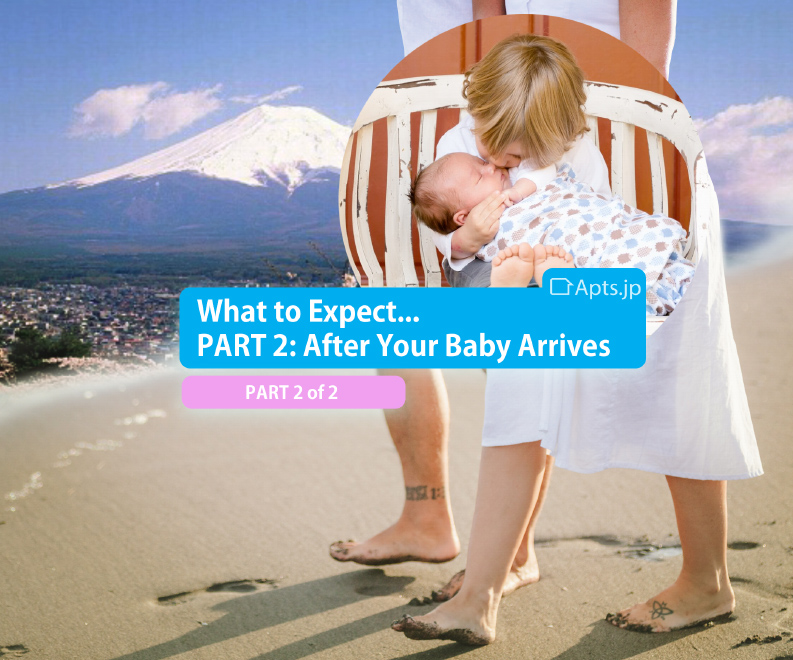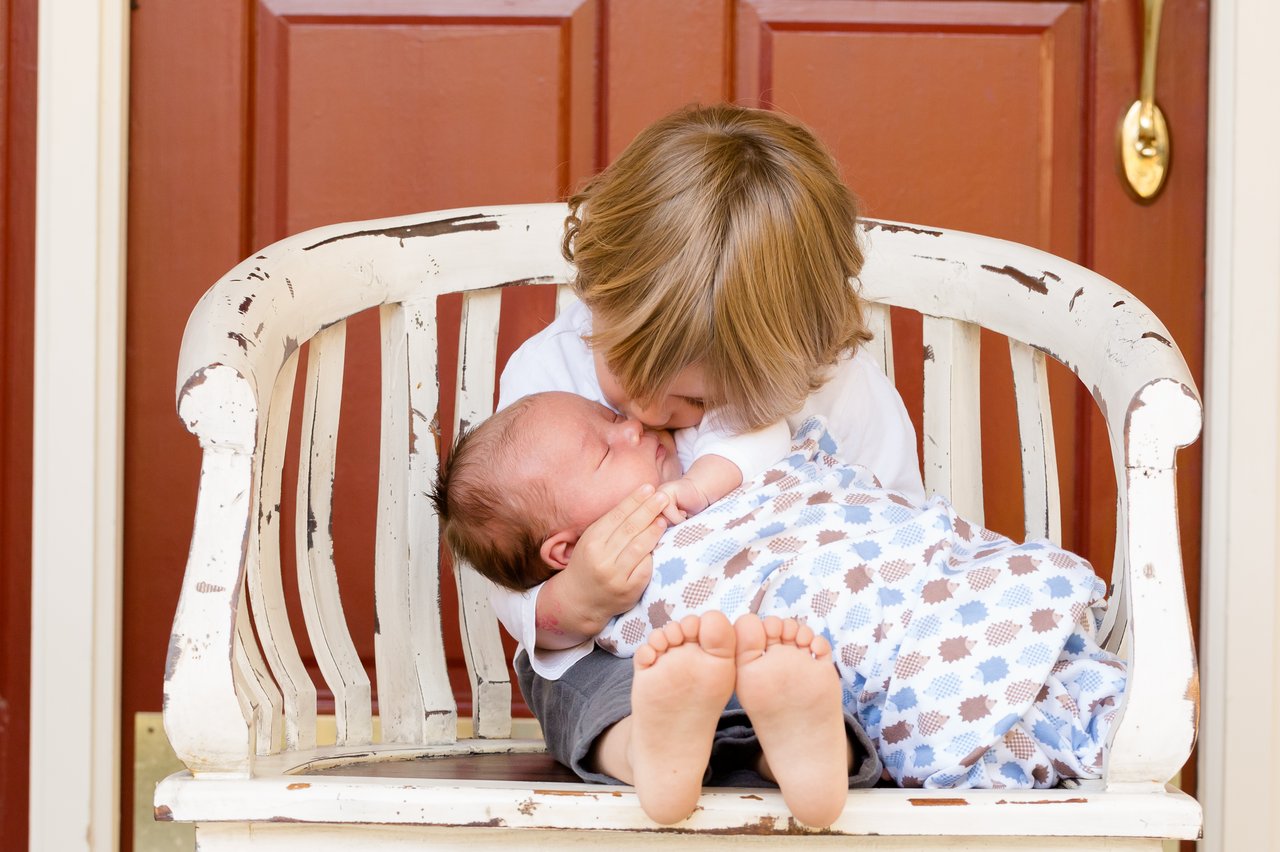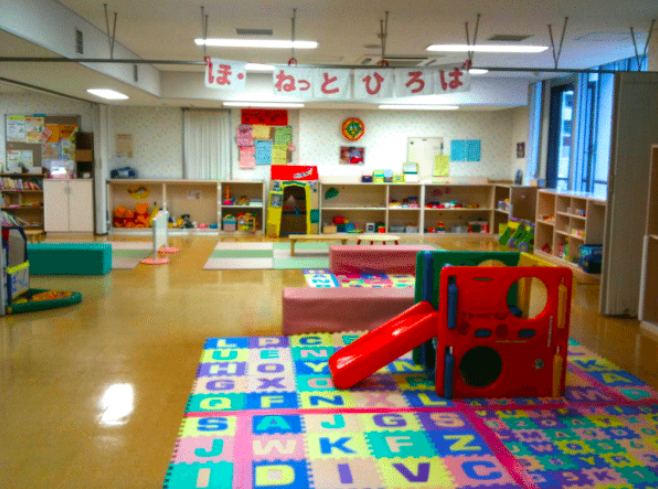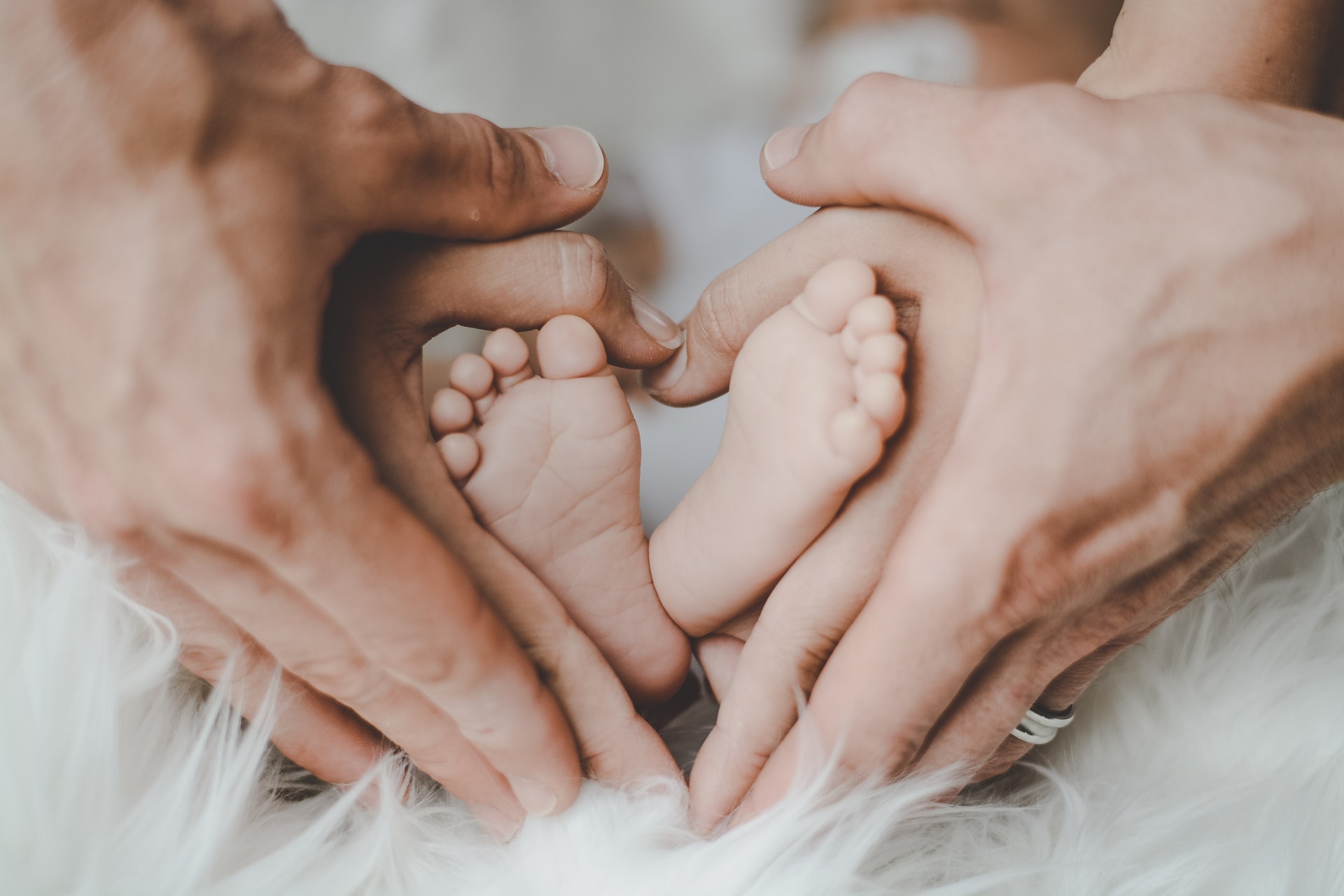
13 Nov What To Expect… Part 2: After Your Baby Arrives
Last Modified on November 19th, 2020 at 02:48 pm
Category: Family, Health

(part 2 of our 2 part series, What to Expect When You Are Expecting in Japan – CLICK HERE for part 1)
Congratulations on your baby!
Well done Momma (or Papa), you did it!
Has life settled in for you yet? With all things new, late-night feedings, needing some extra coffee in the morning, diaper changing, there are many things that you might be experiencing for the first time and trying to figure out. Newborn bliss is so lovely, and as much as you should be soaking in every single minute of it, you still have a whole to-do list that can’t get put aside. In fact, you are on a time frame to make your baby official, even though that little bundle of joy is ever so official to you!
In this article, we want to walk you through the steps you need to take after your little bub has arrived so that you don’t need to deal with any of the unknowns anymore.
This is what we will go over in this article:
- Registering Birth At Your Ward Office
- Childcare Support Allowance
- Register Babies Birth At Your Countries Embassy
- How To Apply for Babies Visa
- Checkups & Vaccinations
- Childcare and Mother Support
So get a note and pen and make sure to jot things down. Our goal is to help you get all these things done quickly and smoothly and with as few outings as possible.

Register Your Baby At The Local City Office
After all the wait, baby is here, and baby needs to make their presence known in this world. Whether both parents are Expats, or one is Japanese, all children need to be registered at your local ward office. You have 14 days to register your child, that means you must decide on that precious bubs name within 14 days before registering.
No one wants to go back and forth to the city office- especially with a newborn- so let’s make sure you have all the documents you need before making the trip there.
- Birth Certificate
- Birth Registration Form Provided by the Hospital
- Mother and Child Handbook
- Parents IDs (Residence Card, Passport)
- Hanko Stamp (bring your Hanko with you whenever you go anywhere official; you never know when you will need it)
Knock out many birds with 1 stone by:
- Register for your baby’s My Number Card while at the city office
- Get a copy (or 2) of your Certificate of Residence (jyuminhyou) to apply for babies Healthcare (typically this will be taken care of by your company, but they will ask for this document)
- Apply for the Home Visit by the city’s nurse
- Apply for Childcare Support Allowance
With all of your documents, you can now proceed to register your baby. You will be going to the Citizens Affairs Division at your city ward office. Early mornings tend to have less of a waiting time, and assuming you won’t be getting much sleep anyways, you might as well get out as early as you can. If your ward allows it, ask for 2 copies of the registration certificate so you can use them when applying for the visa (more on that later).
What is the Home Visit by the city’s nurse?
While at the city office, they will ask you if you would like to receive a home visit by one of their registered nurses. A home visit might sound a bit invasive, but it is actually a nice chance to hear about all the baby-friendly places in your neighborhood. They will check up on how the baby is doing and make sure you are doing fine both physically and mentally- because postpartum depression is a real concern that shouldn’t be pushed aside. They also will let you know where your nearest evacuation center is, your closest pediatrician, and be able to answer any questions you might have.
What is the Childcare Support Allowance?
While at the City Office, head over to the Childcare Division. Here you can register to receive a child support allowance. Being registered with health insurance, all families receive support from the government. There is a cap for those with higher incomes, but typically you can receive around ¥10,000-¥15,000 a month. This is incredibly helpful in buying diapers, formula, baby items, and clothes.
Japan really does a great job of taking care of their families after birth.
You can also receive money for more than one child (the amount will change), and financial support continues either until Jr. High school or High school. The amount and the time frame will depend on the ward you live in.
Health Insurance Coverage
All children receive free medical and dental care in Japan. You will receive a separate insurance card that you will need to use alongside your child’s national health insurance when visiting doctors’ offices.

Register Baby’s Birth at Your Country’s Embassy
Even though born in Japan, make sure you get your child registered in your home country. Each embassy has a different way of registering your child with different information and guidelines. For instance, the US Embassy requires both parents and the baby to be present when registering the birth. Research your specific country’s guidelines, and make sure to book an appointment as soon as you can.
If you and your partner are both Expats, this step should be done after registering your birth at the local ward and before applying for a visa. You will need the baby’s passport to get their visa.
How To Apply For Your Baby’s Visa
Third on the list is getting your baby permission to be in Japan with you. This is only if the baby doesn’t have Japanese citizenship and needs to be done within 30 days of birth. You can either go through this process yourself or hire a visa agency to do the task for you. This is the paperwork you will need for applying (note that all papers submitted will not be returned, so make sure the birth certificate is a copied version):
- A Copy of Baby’s Birth Certificate
- Application Form (you can download ahead of time or fill out when you arrive)
- Both Parents’ Residence Cards & Passports
- Baby’s Passport (passport can be shown when you go to pick up the visa, if you do not have the passport yet)
- Passport Photo (you can use the same one from applying at the embassy)
You will be applying for Permission to Acquire Status of Residence. Again, this is best to go in the morning, as Immigration centers can get very crowded. Times are from 9:00AM-12:00PM or 1:00PM-4:00PM weekdays only. Check out the information here http://www.immi-moj.go.jp/english/tetuduki/kanri/shyorui/04.html

Baby’s One Month Checkup & Checkups to Come
You will go back to the hospital you gave birth at for your child’s one-month checkup. They will do a full-body exam and check in with how your child is doing.
This is their first big milestone!
The city ward will also provide scheduled checkups for your child typically held at the ward office. You can expect to receive letters by mail informing you when the next checkups are. They tend to be 3-4 months, 6-7 months, 9-10 months, 18 months, and lastly, the 3 years checkup. These are all free of charge.
The city ward will also be sending you information for when your child’s vaccinations should be scheduled. With health insurance, these vaccinations are also covered by the city. In your Mother and Child Handbook, you can see which vaccinations Japan requires for children. These you can get at your local pediatrician’s office that is registered for performing the free vaccinations. Most vaccine shots are given to children on the arms, unlike in other countries where children receive them on their bottoms or thighs. If you prefer them done in those spots, bring it up with your pediatrician beforehand.

Childcare & Mother Support Provided by Your City
Lastly, each city offers specific continued support for you and your child after birth. These services can help a busy mother, especially if you have no close relatives to come help out.
Most cities provide services such as a ‘helper’ who can come and do laundry, clean the house, cook diner, etc. Depending on your ward, the prices can vary; typically around ¥800/hour. Please check with the Childcare Division when you are at the city office or during the Home Visit.
Also, for moms who need some refreshing time or have a part time job, they provide babysitters typically about the same price.

You can also find local Jidokans- play centers located in each ward- that are government-run. They have trained staff who work there and allow you to come and have a safe place to play with your child. They even will watch your baby for you if you have errands such as a doctor’s appointment or an older sibling with a school event or appointment etc. It is not a free babysitting service but something you can take advantage of when in desperate need. Again, check with either the nurse’s home visit or the Childcare division for what they provide.
Some wards go beyond that and have more benefits that they offer, including vouchers or tickets for essential baby-raising items, so please ask about all the benefits your ward has to offer.
We hope this list of things and must-dos has helped you gain a sense of what needs to be done after welcoming your baby into this world and gives you a sense of some great benefits that Japan offers. Please remember this is not an official government site. Policies change, so it is best to double-check with your ward and embassies on the specifics.

Once all these tasks are done, you can truly settle in and find a beautiful rhythm of that newborn life! This time in your life will go by fast, so we hope you are enjoying all those snuggles even if you can barely keep your eyes open. 🙂
We wish you the best. – Team Apts.jp